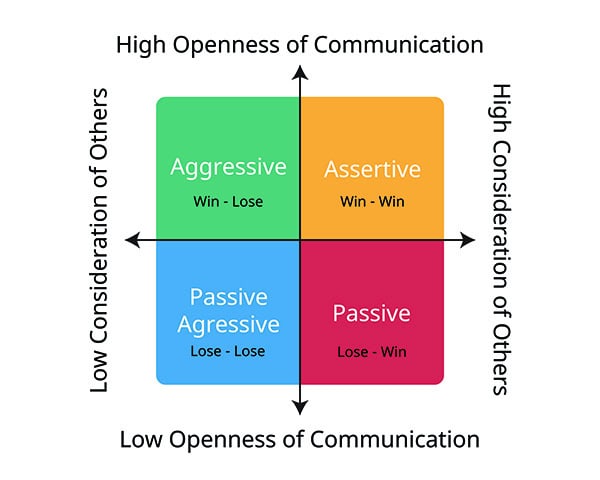Asserting Myself
Posted on September 10, 2021
How well am I asserting myself?
It is an increasingly competitive world. We need to assert our wants and desires in order to thrive. It is also an increasingly (socially) distant world, and not just because of a pandemic. It is easy to get distracted by the limited connections provided by social media, and not have the richer experience of direct interaction with others. To connect with others we need to be comfortable revealing ourselves.
Considerations when answering the question, "Am I asserting myself?"
Assertiveness is the direct expression of my experience and reactions, including my thoughts, beliefs, opinions, emotions, and the like, while recognizing that others may have (and have a right to) different experiences and reactions. Assertiveness is a mean between aggressiveness...
full story







